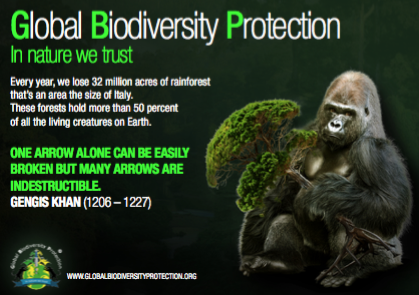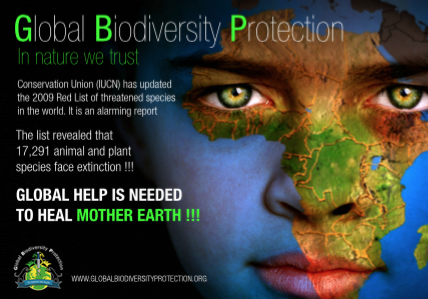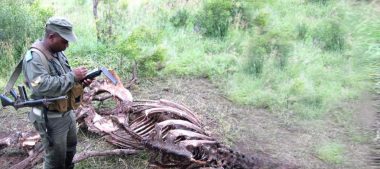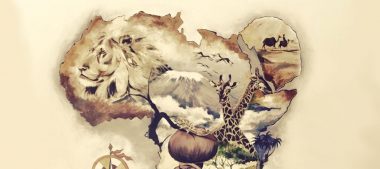Scientific definition of biodiversity
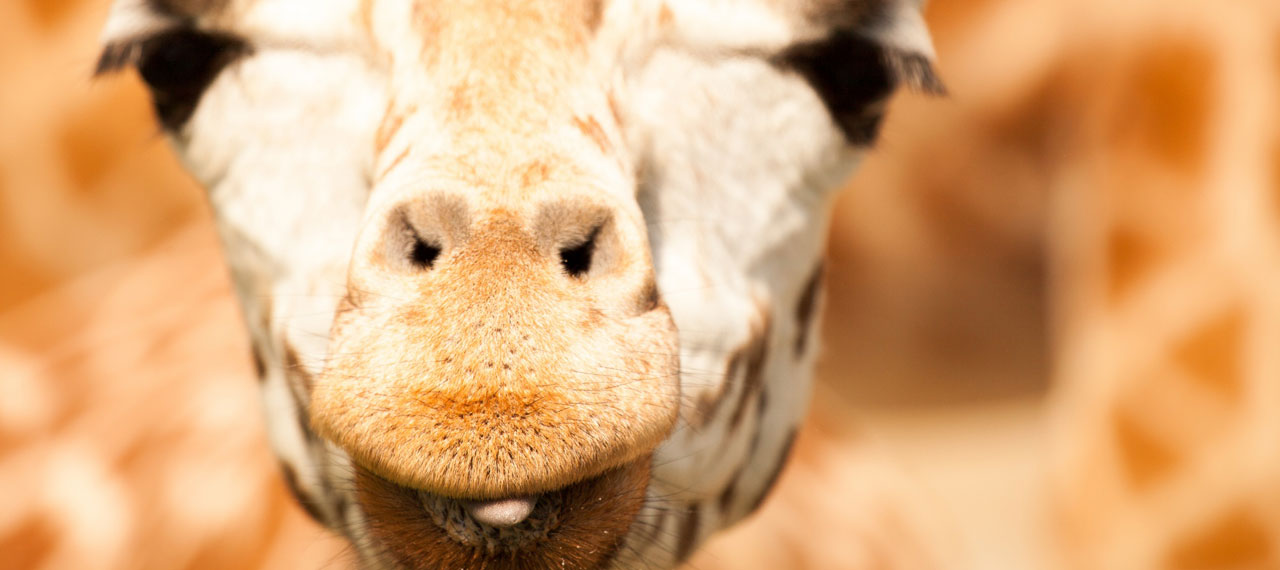 ‘Biodiversity’ is a neologism combining ‘biology’ and ‘diversity’. Biodiversity covers the diversity of the living world among nature.
‘Biodiversity’ is a neologism combining ‘biology’ and ‘diversity’. Biodiversity covers the diversity of the living world among nature.
The expression biological diversity was invented by Thomas Lovejoy in 1980 while the word biodiversity was invented by Walter G. Rosen in 1985 during the preparation stages of the National Forum on Biological on Biological Diversity , organized by the National research Council in 1986. The word ‘Biodiversity’ appeared for the first time in 1988, in an article by the American entomologist E.O.Wilson. In fact, E.O Wilson used the word ‘biodiversity’ as the title to his report on the National Forum. ‘Biodiversity was seen as more striking
a word than biological diversity.
Since 1986, both the word and the concept it expresses have been used by biologists, ecosystem specialists, green militants, political leaders, and citizens. The use of the word has been on the increase as public awareness about disappearing species grew by the end of the twentieth century.
In June 1992, at the World Summit in Rio de Janeiro, the growing amount of worry about the diversity of the living world when considering the many projects coveting the potential profits that could be made out of it took center stage. At the Convention on Biodiversity, on June 5, 1992, biological diversity was defined as: ‘the variability of all living organisms belonging to continental ecosystems, oceanic ecosystems, aquatic ecosystems, and the larger ecological structures containing these ecosystems. Biodiversity applies to the diversity within a species as well as diversity between species, and diversity of the ecosystems. (Art 2 of the Convention on biological diversity, 1992.)
“Biodiversity is a bit like the pick-up stick game of Mikado . . . as you remove the first stick, then the second and third stick nothing happens, until the wrong stick is removed and the whole stack comes down.” (an expert)
Biodiversity must be protected for the following reasons:
From a biological viewpoint, biodiversity plays an important part in balancing ecosystems which on a global scale influences the biosphere.
From an economic viewpoint, mankind depends on and benefits from biodiversity for such activities as the food industry, all industries based on extracting/treating natural components, the drugs industry, the leisure industry . Biodiversity has a high economic value that must be nurtured.
From an ethical point of view, mankind is in charge of the managing and taking care of living species. Biodiversity can be seen as a heritage to be passed on to future generations.
According to recent studies, up to 73% of living species could have died by 2050. Global warming, the destruction of natural habitats, the introduction of parasitic and/or foreign species in an ecosystem, and the over exploitation by man of natural resources would be the main causes of this disaster.
The extinction of species is on the increase. The rate of extinction of vertebrate species and plants is a hundred times more intense than during the geological times, a few million years ago. Within the next ten to thirty years, this rate could speed up by a hundred, reaching a pace ten thousand times faster than the natural one.
Another study, set by the United Nations, reveals that nearly two third of our ecosystems are over worked. Disappearing species are not only a disaster from an ethical point of view; they are also a threat for the well being of the human race. Scientists have shown how altering biodiversity had a negative impact on the biomass, and therefore the feeding sources of mankind. The filtering network of waters would also be at stake, eventually threatening the purity of water tables.
Moreover, according to medical research, the most promising drugs – against cancer and osteoporosis, for instance – will depend on components extracted from animal species. Squalamine, for instance, which is derived from the livers of dogfish and other shark species has powerful anti-angiogenesis function – that is, it inhibits the growth of blood vessels, hence its use in the fight against cancer. Thus, as an expert puts it: “an extinct species means the end of a therapeutic trail.’


